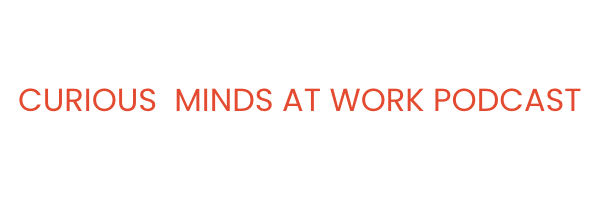 In times of rapid change, people who can think creatively are invaluable. Leonard Mlodinow, author of the book, Elastic: Flexible Thinking in a Time of Change, calls this type of thinking elastic. It is a bottom up approach that unleashes new ideas, and he believes anyone can employ it, since it is innate to us.
In times of rapid change, people who can think creatively are invaluable. Leonard Mlodinow, author of the book, Elastic: Flexible Thinking in a Time of Change, calls this type of thinking elastic. It is a bottom up approach that unleashes new ideas, and he believes anyone can employ it, since it is innate to us.
Leonard’s previous books include Subliminal (winner of the PEN/E.O. Wilson Literary Science Writing Award), The Drunkard’s Walk (a New York Times Notable Book) and The Grand Design with Stephen Hawking. He’s also written for the TV Series, Star Trek: The Next Generation. During our conversation he shares more about what elastic thinking is, why we need to cultivate it, and concrete ways to do just that.
In this interview we discuss:
- Elastic thinking as a way of making new or breaking already-established rules, as well as framing or reframing problems
- The fact that we need elastic thinking now more than ever in a world of rapid change
- How bottom up thinking serves as the basis for artificial intelligence and machine learning
- Why humans, with our 100 billion neurons, still outdo computers when it comes to elastic thinking
- How our point of view can preclude us from solving a problem, so that we constantly need to challenge our hidden assumptions, in order to see things differently
- Ways to broaden our thinking include asking about the least popular dish at a restaurant and then trying it, talking to people not normally in our social circles, questioning a strongly held belief, and thinking about times we made a mistake
- How giving our brains down time to make associations, generate ideas and relax our mental filters can improve our problem-solving abilities
Episode Links
The Net and the Butterfly by Olivia Fox Cabane and Judah Pollack
If you enjoy the podcast, please rate and review it on iTunes – your ratings make all the difference. For automatic delivery of new episodes, be sure to subscribe. As always, thanks for listening!
